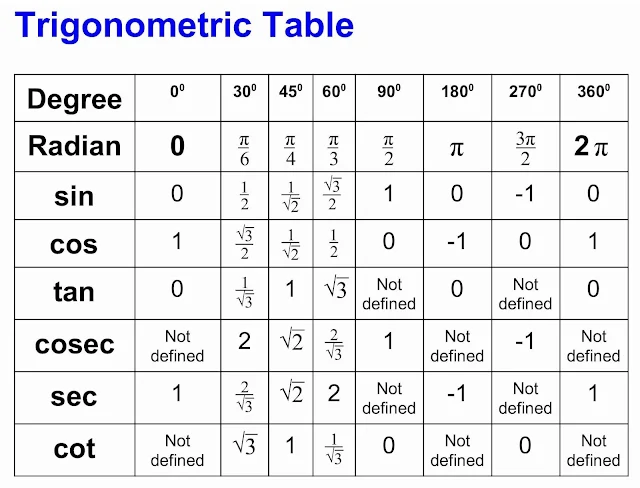OMTEX CLASSES
Advertisement
All about a girl
Enjoy the monsoon
rimzimrimzimrimzim
, ' , ' , ' , ' , ' , ' , '
, ' , ' , ' , ' , '
__,____,
/____,_/ \ .;';';.
l__[]__l_ l ,,)(,,
Enjoy d munsoon.
Conversation between dad and son
PAPA- tumari mummy ne mra dil tod diya islye sharab pi rha hu.
SON(KG) mummy
ne mri scale b tod di 'mere lye b 1 glass banao papa'.
G%N S%D TC.
The most beautiful thing in this world
The most beautiful thing in this world is to see your parents smiling and the next best thing is to know that you are the reason behind that smile!
G%N S%D TC.
Golden rules of life
Golden rules of life:
look yuor past with satisfication,
handle your presence with confidence
prepare for your futute without fear.........
G%M TC.
DIARY OF A BABY
DIARY OF A BABY
15Jun: I got attached with ovary.
17Jun: I'm a tissue now.
30Jun: Mom said to dad, "You're going to be a father"
MOM AND DAD ARE VERY HAPPY.
15Jul: My food is what my mom eats.
15Sep: I can feel my heartbeat.
14Oct: I have little hands, legs, head and a stomach.
13Nov: Today I was in an ultrascan.
Wow! I m a girl.
14Nov: I was DEAD!
My mom and dad killed me. . .
WHY? :(
Is it just because I was a girl?
People love to have A MOTHER, A WIFE, AND OF COURSE A GIRLFRIEND TOO THEN WHY NOT A DAUGHTER!?!
IF You're A Human. . .
PASS IT TO EVERY INBOX. . .
Nice feel
NICE FEEL : "Namakkul
pirivai undaakkum indha iravai
paarka
pidikkamal,
iravu muluvadhum Kangalai Moodugiren" gud ni8..
OMTEX CLASSES: ENGLISH GRAMMAR FOR BOARD EXAM
OMTEX CLASSES: ENGLISH GRAMMAR FOR BOARD EXAM: "Present Tense Sentences · Simple · Continuous · Perfect · Perfect Continuous 1. Simple Present Tense Sentences ..."
OMTEX CLASSES: ENGLISH GRAMMAR FOR BOARD EXAM
OMTEX CLASSES: ENGLISH GRAMMAR FOR BOARD EXAM: "Present Tense Sentences · Simple · Continuous · Perfect · Perfect Continuous 1. Simple Present Tense Sentences ..."
ACCOUNTS TEST PAPER NO. 6
- A bill before acceptance.
- Normal Rate of Return x Capital employed.
- Who is an endorsee?
- Money value of business reputation.
- Payment of bill of exchange before its due date at rebate.
| Year ended | Turn over | Net profit |
| 31-12-1990 31-12-1991 31-12-1992 31-12-1993 31-12-1994 | 5,15,000 5,45,600 5,35,800 5,40,900 5,60,800 | 5% 6% 7% 7.5% 7% |
| 1986 | 30,000 |
| 1987 | 40,000 |
| 1988 | 50,000 |
| 1989 | 40,000 |
| 1990 | 60,000 |
ACCOUNTS TEST PAPER NO. 5
- A person who accepts the bill.
- The balance which cannot be recovered from the debtors.
- A person who endorses the bill.
- Reputation of a firm expressed in terms of money.
- What is the due date of bill drawn in 23rd November, 2010 for a period of 2 months?
| 1st Year | 4,800(p) |
| 2nd Year | 7,200(L) |
| 3rd Year | 10,000(L) |
| 4th Year | 3,000(P) |
| 5th Year | 5,000(L) |
ACCOUNTS TEST PAPER NO. 6
- A bill before acceptance.
- Normal Rate of Return x Capital employed.
- Who is an endorsee?
- Money value of business reputation.
- Payment of bill of exchange before its due date at rebate.
| Year ended | Turn over | Net profit |
| 31-12-1990 31-12-1991 31-12-1992 31-12-1993 31-12-1994 | 5,15,000 5,45,600 5,35,800 5,40,900 5,60,800 | 5% 6% 7% 7.5% 7% |
| 1986 | 30,000 |
| 1987 | 40,000 |
| 1988 | 50,000 |
| 1989 | 40,000 |
| 1990 | 60,000 |



